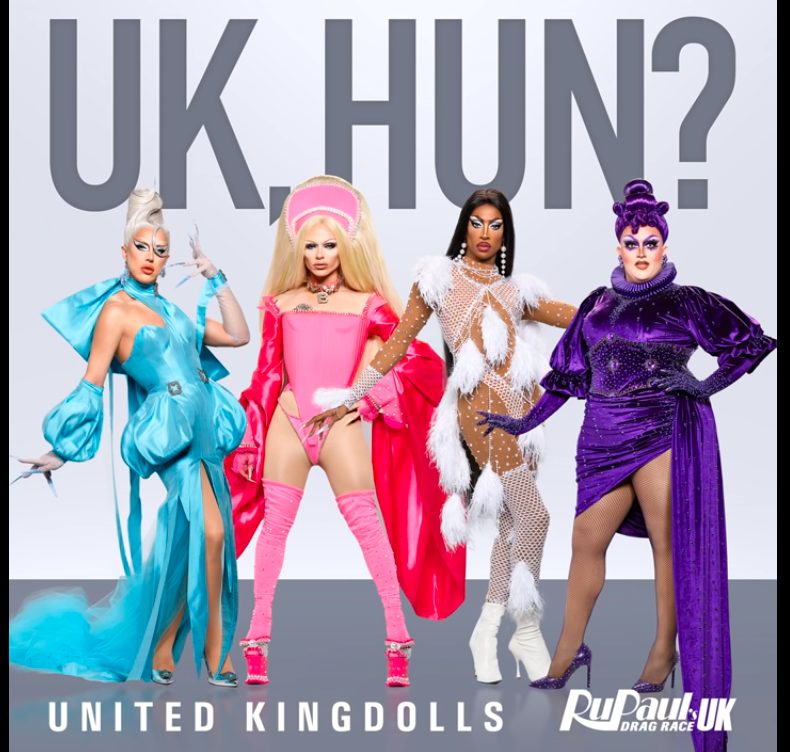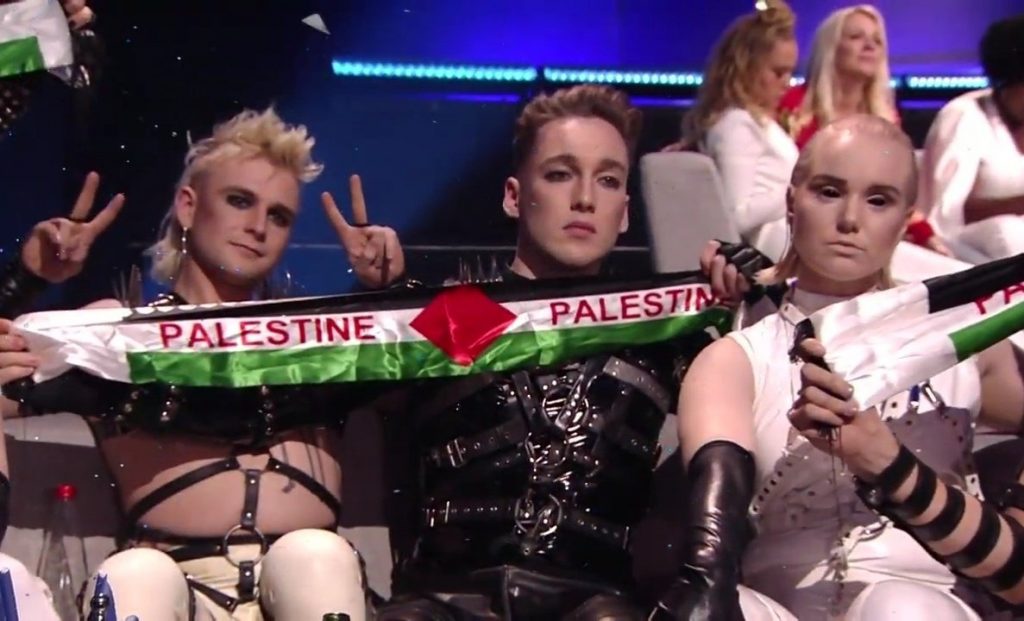Overall viewing figures for the Eurovision Song Contest have steadily decreased over the past three years yet the show still strikes a chord in the United Kingdom.
The 2019 competition saw an estimated audience of 182 million, the same as 2017 and the lowest in six years, suggesting it is failing to hit the high notes with viewers across Europe.
Broadcast live in the 41 participating countries, and across the world via YouTube, some participating nations shared their national viewing statistics.
These revealed over half had apparently seen interest fall.
Hungary reported the greatest drop, 64%, closely followed by Ireland who lost almost 60% of their viewers in 2019.
However don’t get the violins out just yet, as Switzerland sung a record 182% increase in viewership along with Iceland, up 80%.
The UK saw 11.6% more viewers, with the second largest number of people watching after Germany, showing we remain Eurovision-visionaries.
With the 2020 show the first ever to be cancelled, due to Covid-19, perhaps a revived enthusiasm this year will buck the downward slope, as nations tune in for some welcome light relief.
UK singing strong
It seems nothing can dampen the United Kingdom’s unrelenting enthusiasm for Eurovision, as an impressive 7,700,000 watched the 2019 show, despite us coming last place.
We fared little better in 2018, which saw us voted third from the bottom and the UK has failed to reach the top ten finalists in 13 years.
Despite our poor rankings, appetite for the show remains strong, a mixture perhaps of post-Brexit European nostalgia and a much-needed distraction from current affairs.
A Eurovision viewing event hosted this year by Eurofest at The Royal Vauxhall Tavern in Vauxhall sold out in only three and a half minutes.
Vauxhall Tavern operations director John said they received overwhelming interest for the 95 tickets and, without Covid restrictions, easily could have hosted 600 people.
John said: “It’s giving people something to look forward to and we’re getting the customers involved just to bring some light into their life and joy and entertainment.
“The talk and hype of it taking place is unbelievable, I’m only sorry we can’t get more people in.”
Eurofest usually hosts an annual Eurovision themed party at the RVT, but this is the first time they will be holding a viewing and voting event.
In addition, the show was brought into public consciousness earlier this year with the RuRuVision Song Contest in Rupaul’s Drag Race UK.

The United Kingdolls performance of ‘UK hun’ made it to number four on the UK’s biggest chart show and received celebrity calls to be the next UK Eurovision entry.
But can this year’s entrant James Newman bring us out of the ashes with his catchy tune ‘Embers’?
Whatever our ratings, it seems the Eurovision fire is burning strong in the UK.
Iceland waving the flags and climbing the scales
Almost half the population of Iceland watched the last Eurovision, as viewership increased by 80% on the previous year.
Perhaps it was their controversial entry that hooked the nation.
BDSM-inspired band Hatari represented the country at the 2019 contest in Tel Aviv, with the song Hatrið mun sigra (Hate will prevail).
Hatari used their camera time to wave a Palestinian flag, showing their support for Palestine and criticism of the Israeli Government.
The Iclandic broadcaster RÚV then had to pay a €500 fine for breaking the contest’s ‘no-politics’ rule.
Hatari argued how hosting in Tel Aviv was in itself politically controversial because of the ongoing Israeli-Palestinian conflict and the persecution of Palestinians.

In an interview with Newsbeat in 2019, Hatari singer Matthias Haraldsson said: “A contest like Eurovision was founded in the spirit of peace and unity.
“We find it absurd to host it in a country marred by conflict and disunity. Allowing that narrative to go on unchallenged would be a shame.”
Iceland continues to make a name for itself on the Eurovision stage with their new entrant Daoi og Gagnamagnio.
The band won Eurofest’s 2020 preview vote and were a bookie favourite to win this year.
However, the group had to pull out this afternoon, following a positive coronavirus test.
Ireland hits a flat note
Despite their victorious Eurovision history, with a record seven wins, Ireland’s enthusiasm has seriously waned, dropping by almost 60% from 2018-19.
The country’s viewer apathy may be explained by their failure to qualify for the finals in four consecutive years, from 2014-2017 and in 2019 and once again this year.
Despite Lesley Roy’s quirky and inventive performance of ‘Maps’ in the 2021 semi-finals, they didn’t get the votes to take them through.
This is in stark contrast to their glory days as record breakers including three consecutive wins in 1992, 1993 and 1994.
Will they ever recover from this string of disappointing blows or has Ireland fallen out of love with the show for good?
Watch Graham Norton’s live coverage of the grand final this Saturday at 8pm on BBC One.
Featured image contains a picture of a live stream of Eurovision – Credit BBC iPlayer




